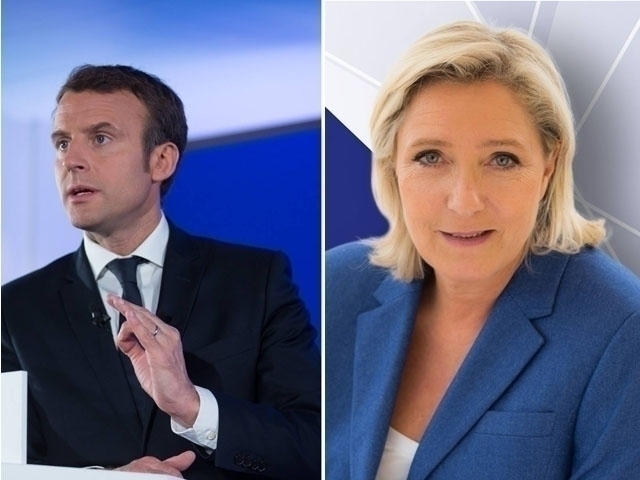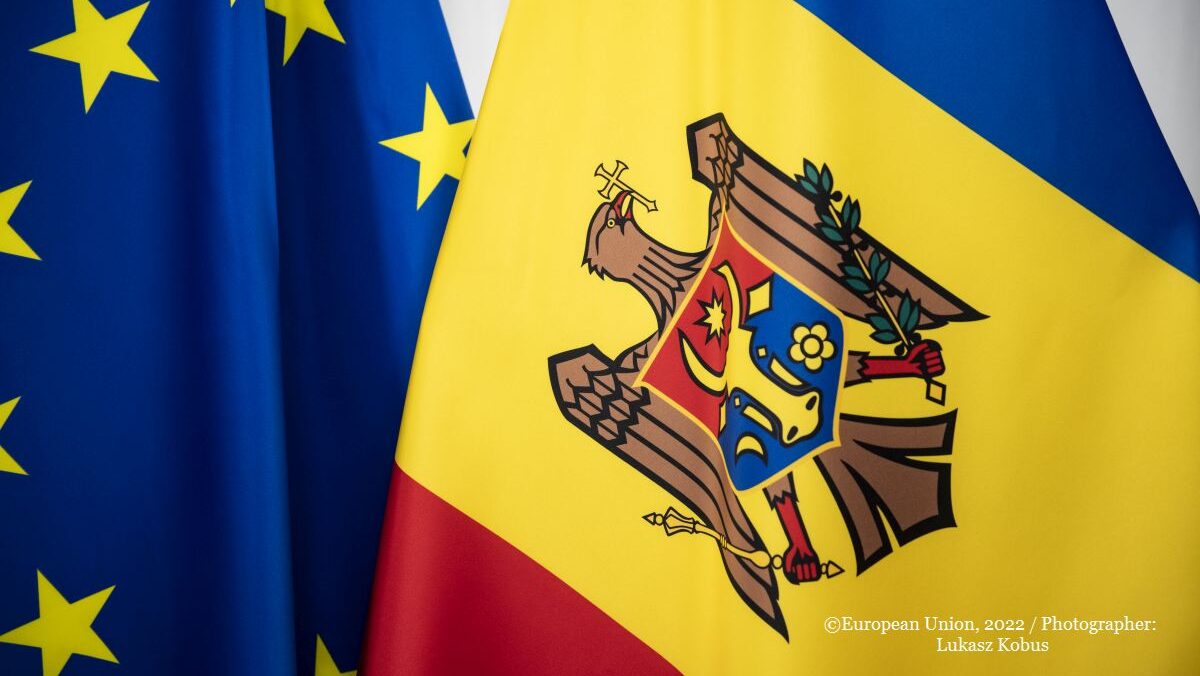Reactions to the French presidential elections
Centrist Emmanuel Macron and far-right leader Marine Le Pen advance to the second round of the French presidential elections.

Ştefan Stoica, 24.04.2017, 12:45
Emmanuel Macron, the candidate of the
centrist En Marche movement, won the first round of the presidential elections
in France with almost 24% of the votes. In the second round on the 7th
of May, he will face the National Front leader Marine Le Pen, who won almost
22% of the votes.
For the European Union, which is following
the crucial French elections with apprehension, Le Pen’s advance into the
second round is bad news, given her far-right and anti-European views. The good
news is that both the traditional right and left in France will support Macron
in the second round. Both the candidate of the right wing and former prime
minister in Nicolas Sarkozy’s administration, Francois Fillon, and the
candidate of the left, Benoit Hamon, said they would support Emmanuel Macron.
Also, France’s biggest trade union called for a pro-Macron vote on the 7th
of May.
I want to be the president of
patriots against the threat of nationalists, said the young French politician
after the polls closed. In one year, we have changed the face of French
politics, he added, promising to be the voice of hope for France and Europe.
Europe’s biggest publications give him the biggest chance of winning to become
the youngest president in France’s history.
Aged
39, Macron had a meteoric rise in French politics. Between 2014 and 2016, he
served as economy minister in Francois Hollande’s administration, but remained
politically unaffiliated, and has never run for public office before. As an
economy minister, he drew criticism from the socialists due to his rather
right-wing, market-oriented measures. He resigned last year to be able to enter
the presidential race as a representative of his own newly founded centrist
movement, an entity somewhere between a political party and a grassroots
movement. Macron is not an anti-system politician, but has styled himself as
someone coming from outside the system.
Coupled
with the stinging defeat of the traditional left and right, the results point
to a change of paradigm in French politics. These elections also mark two
painful firsts for the mainstream French political system: it is for the first
time in 60 years that the incumbent president has not run for reelection, and
also for the first time that the candidates of the conservative right and the
socialist left have not made it to the second round. After May 7th,
France will most probably remain a pillar of the European project, but
something fundamental in its internal political system will most likely change.






























